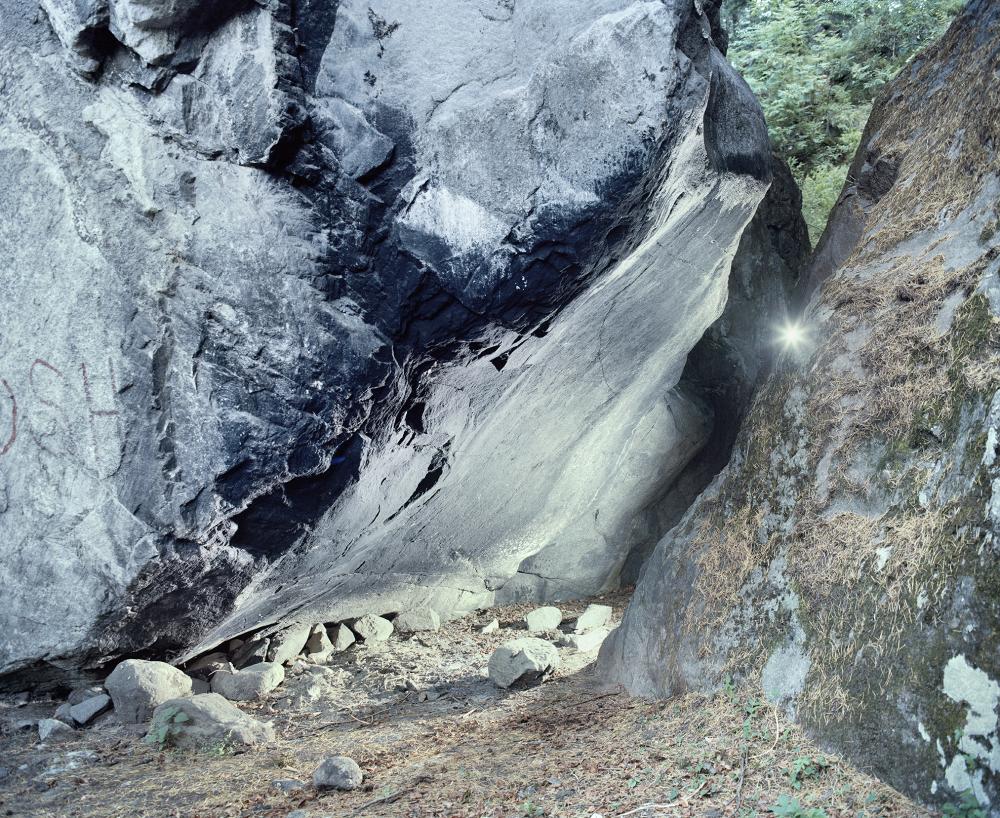DON’T AGONIZE, ORGANIZE
Kaaitheater 2018-2019
– Florynce Rae Kennedy
1.
At the end of 1945, the American author, philosopher, and political scientist Dwight Macdonald wrote a series of essays about the responsibility of citizens in cases of war crimes. To what extent were German and Japanese civilians responsible for the horrors of the death camps, committed by the governments? And to what extent were American and British civilians responsible for the devastating bombings of Hiroshima and Nagasaki? Macdonald claimed that one is not simply a citizen of a country. In democratic societies, being a citizen implies a certain responsibility. In 1967, during the Vietnam War, Noam Chomsky wrote The Responsibility of Intellectuals, a kind of response to Macdonald. He likewise appealed to the sense of responsibility among citizens to resist practices that were unworthy of civilized societies. What can we say about the way in which Europe currently treats refugees from Syria, Afghanistan, Iraq and so many countries in Africa? Increasing numbers of citizens are realizing that they cannot simply let their governments do as they please and are attempting to take responsibility. To name only one example in Brussels: the ‘Civilian Platform for Accommodation’ has more than 30,000 members who offer homeless migrants in the Maximilian Park and North Station a place to sleep. Some of our politicians are not very supportive of the initiative, to say the least. They think it undermines the authority of the state. They claim that the citizens in question are guided purely by emotion, which clouds their view of the common good.
2.
The section of organized civil society that strives for social justice has been under pressure for the past several decades. The attacks were launched in the eighties by the rising neoliberal regime. They were primarily targeted at the classical pillars of civil society. More recently, they were joined by a new conservative-populist offensive and an increasingly unabashed discourse about exclusive certainties for a (white) section of the population. It is not only the resistance of neoliberals and populists that forms an obstacle to socially engaged citizens, however, but the internal complexity of 21st-century civil society is at least as important. Social movements are changing at an incredible pace and becoming ever more ungraspable. The commitment of citizens is more targeted, temporary, covers a wider range of issues, and is difficult to survey. The Polish sociologist Zygmunt Bauman called it fluidity. This leads to the disintegration of many ideas and ideals.
3.
How might we establish meaningful, inclusive, and persistent civil action despite the neoliberal and conservative context? Philosopher and feminist Rosi Braidotti wrote the passionate essay Don’t Agonize, Organize! – a reference to the African American civil rights activist Florynce Rae Kennedy – about the election of Donald Trump. She states shouting back angrily is not enough. Anger alone is not a project! She advocates a careful regrouping of emancipatory powers based on a positive and constructive agenda. She also castigates the divisions in justice movements. The classic social struggle must urgently ally itself with that of feminists, LGBTQs, anti-racists, and ecologists. These should not be hasty alliances based on a general and superficial humanism, but an effective collective practice rooted in a positive re-radicalization and the things that genuinely unite us. Braidotti also claims that we owe it to democracy to be involved and committed citizens, and not only as guard dogs, but through active civil regrouping.
4.
On the ninth of February this year, the police and the Federal Public Service of Finance committed a brutal raid on our social-artistic partner organization Globe Aroma. Seven people who were not carrying the correct papers were arrested, and two of them are still incarcerated in the closed centre in Steenokkerzeel. A solidarity movement was immediately launched, resulting in the demonstration One Alarm, Many Voices. But cultural organizations were also accused of only acting when ‘one of their own’ was affected. As part of Minister Jambon’s ‘Kanal Plan’, many social, socio-cultural and sports associations were raided in the months preceding this, leading to very similar scenes to the ones we saw at Globe Aroma. Where was our solidarity then? Point taken! We knew that civil society in the Kanal Zone was exceptionally active, but barely connected across sectoral lines. Together, we decided that it was time to regroup. Signal Kanal will be a broad civil platform that strives to establish a different plan for the Kanal Zone in which socio-economic development, constructive co-existence rooted in cultural difference, a positive youth policy, and thoughtful urban planning provide an alternative for a repressive and rash security policy. Don’t agonize, organize!
5.
The 2018-2019 season is wedged between two elections: the municipal elections at the beginning of October 1018 and the federal, regional, and European elections at the end of May 2019. A broadly supported platform like Signal Kanal has thus not come a minute too late. But our programme will also partly be determined by this election year. This is certainly the case in To Authenticity… and Beyond, the thematic leitmotif of the season, but also projects like CITY:LAND, ECOPOLIS and MOUSSEM CITIES: DAMASCUS. More than ever before, this season will focus on the question of the kind of society in which we want to live. What might the role of artists and arts institutions be in looking for the answer?
– Guy Gypens & Katleen Van Langendonck
‘Think we must! Let us never cease from thinking – what is this ‘civilisation’ in which we find ourselves?’ – Virginia Woolf, Three Guineas
article references:
Don’t Agonize, Organize: Rosie Braidotti, e-flux conversations, November 2016
Gidsen van de Mensheid: Chris van der Heijden, De Groene Amsterdammer, 8 November 2017
